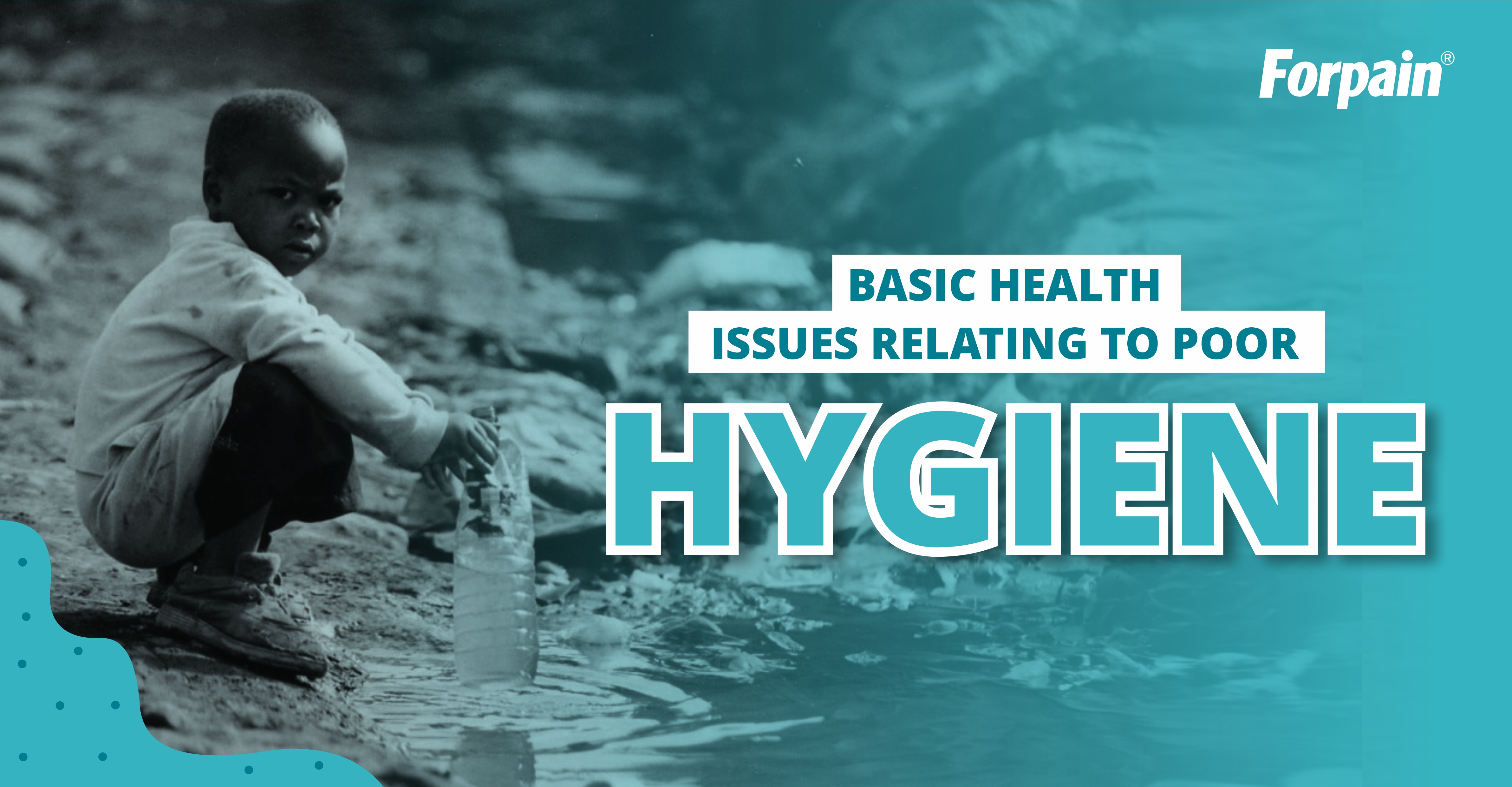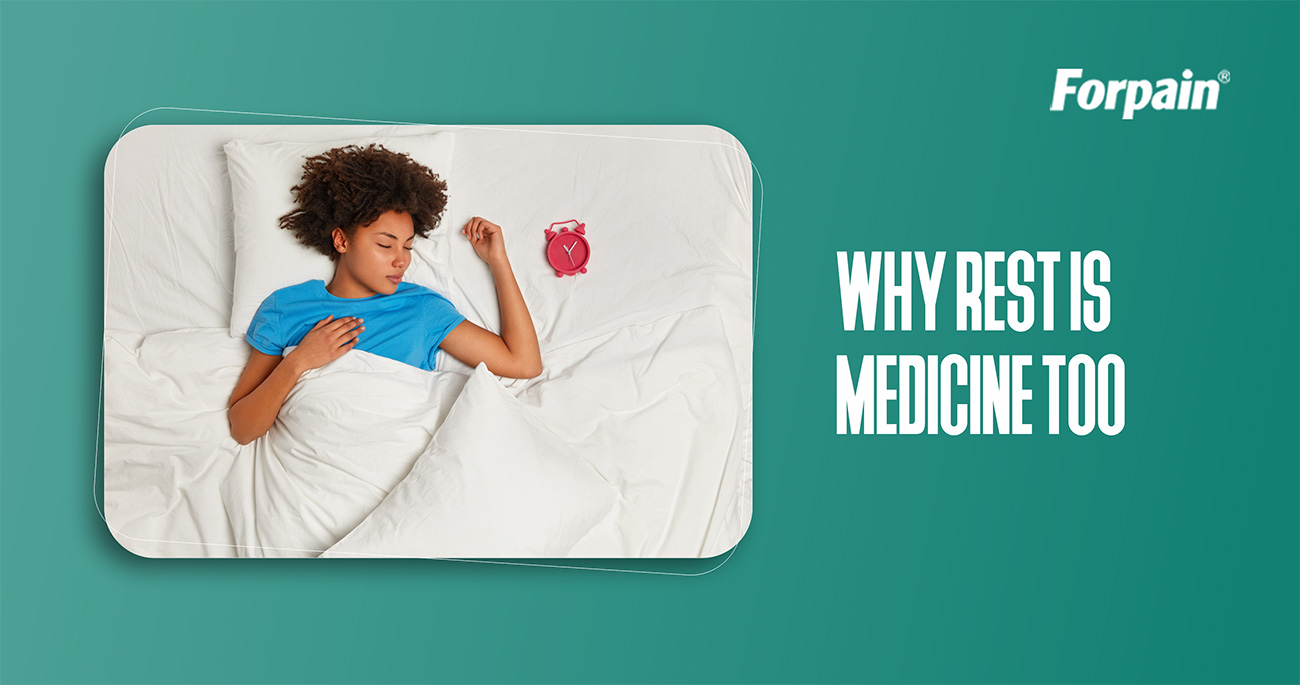
Basic Health Issues Relating To Poor Hygiene
It might seem very convenient and comfortable to live in filth but the after-effects of living in a dirty environment can affect your health later on.
According to the World Health Organization (WHO), about 12 million people die each year from environmental hazards (air & water pollution, chemical exposure & other factors). Predominantly, every one in four deaths worldwide can be linked to an unhealthy environment. Some of the most common health issues resolving from poor hygiene include:
Malaria: Malaria is a common illness in the Tropics and West Africa & is responsible for approximately 1-3 million deaths per year, with an overwhelming majority being children aged 5years or younger. Malaria is a potentially life-threatening parasitic disease spread by female anopheles mosquitoes breeding in water sources not properly covered and in pools of dirty water. These mosquitoes can only breed in dirty environments (stale water, dustbins, bushes, & waste cans), ensuring a clean & hygienic environment will frustrate the reproduction of the malaria killer agent mosquito.
Typhoid Fever: Typhoid fever is a life-threatening infection caused by the bacterium Salmonella Typhi which is usually spread through contaminated food or water. Once Salmonella Typhi bacteria are eaten or drunk, they multiply and spread into the bloodstream causing organs & tissue damage as a result of the infection.
Diarrhea: Diarrhea is usually caused by an infection in the gastrointestinal tract, and contaminated food. It remains a major killer but is largely preventable with better water, sanitation, and hygiene. We could prevent the deaths of about 1.9 million children under the age of 5 years mostly in developing countries who die from diarrhea every year which makes it the second leading cause of death for this age group.
Food poisoning: When an individual fails to keep his / her environment clean, pathogens can be transferred to their food & water & they become contaminated as a result. Failing to cook food properly will result in bacteria remaining on the food, so food must be cooked thoroughly to ensure that all germs are killed off.
Clean drinking water and good sanitation would not prevent infections without practicing good hygiene. A simple habit of washing hands goes a long way towards preventing diseases. Not only does community and environmental hygiene help protect young children, it reduces illnesses for everyone. Families are healthy and more productive. Children spend more time in school rather than recovering from an illness.
Remember, Forpain is a relief medication for headaches & Fever, it is a non-drowsy medication and can be taken by all members of the family; Don’t let Headaches & Fevers slow your family fun, stay active with Forpain!
If symptoms persist, please reach out to your medical doctor or consultant. There are #NoDownMomentsWithForpain.


